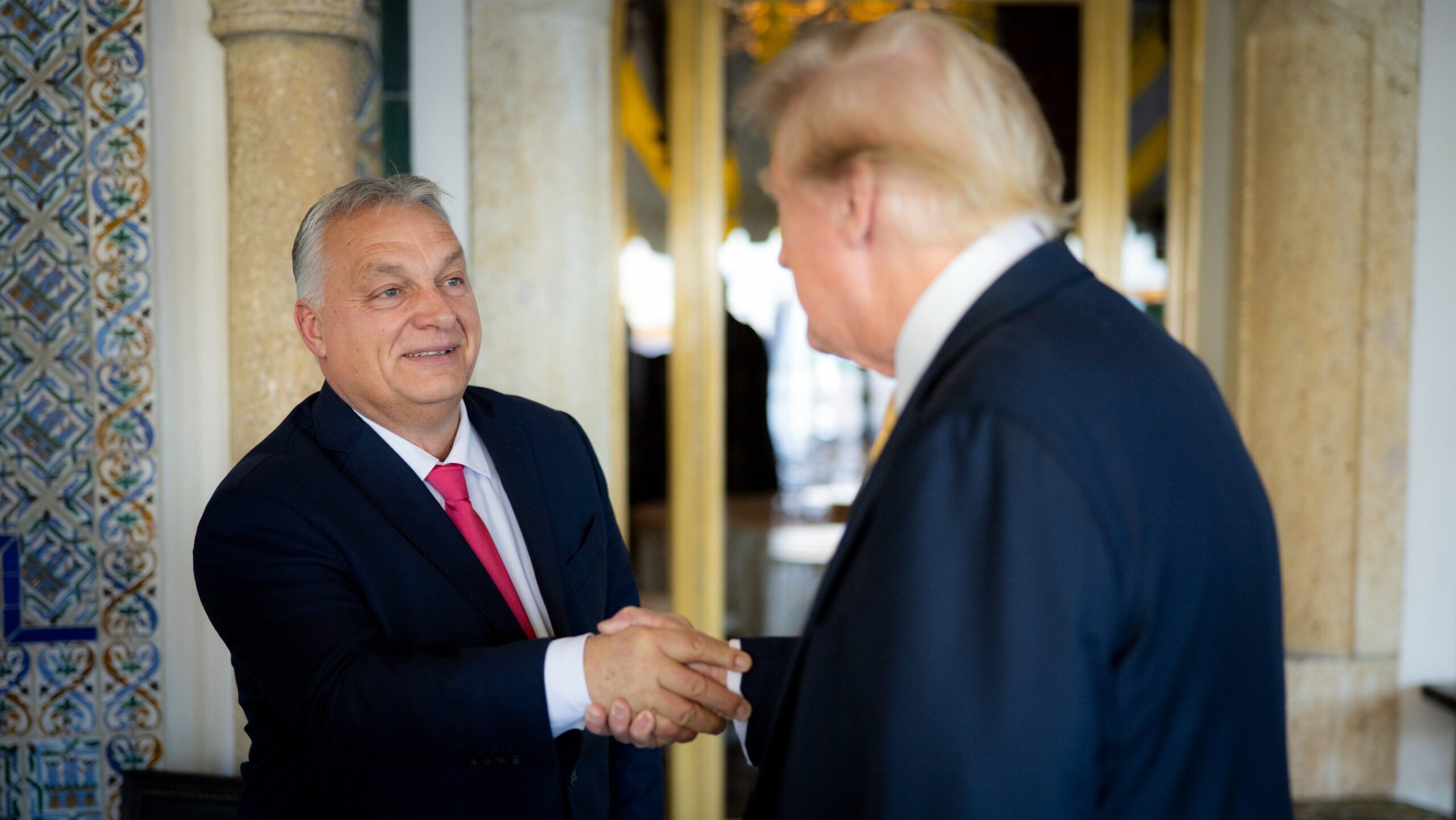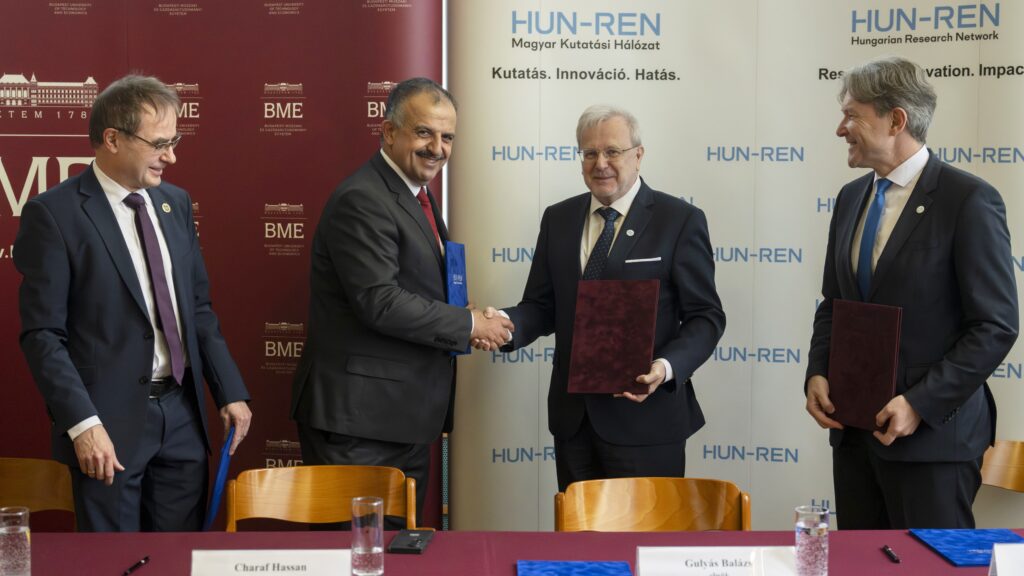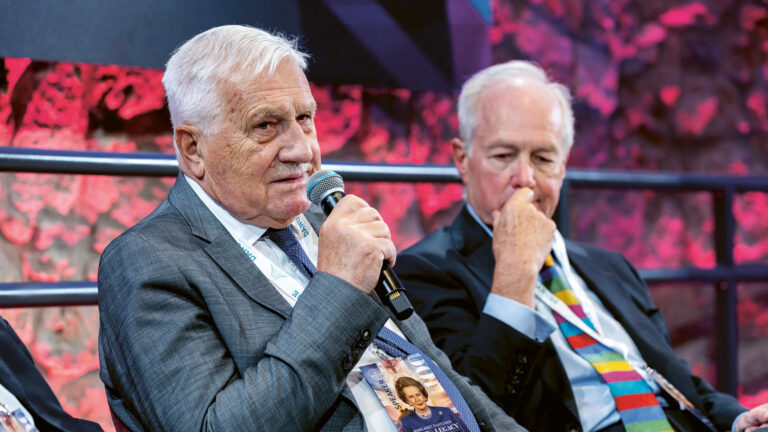As tensions rise between competing powers in the Indo-Pacific region and the threat of war looms over the horizon, a new power has emerged that may help promote stability in the area: Hungary. While being a landlocked country in the middle of Central Europe, thousands of miles away, Hungary, with its zeal for connectivity, has made itself an increasingly important partner to Indo-Pacific powers. And, if Hungary plays its cards right, it could be an influence for peace in the region.
It’s no secret that Hungary has been increasing its relationship with China, being a recipient of 31 per cent of its total investment in Europe, and growing. However, Hungary has proven itself to be the ideal place for most Asian nations to do business, attracting investments from Japan, South Korea, and nearly every other country in the region. Hungary has made itself the ideal place for Asian firms to produce their products destined for European markets. From the Suzuki plant just outside of Esztergom to the increased investments by the infamous Huawei, Hungary has made itself the gateway into Europe, not just for China, but for Asia as a whole.
Most interestingly, we have seen an increase in investment from Taiwan into the Hungarian market, almost on par with China’s, according to statistics provided by Hungary’s National Bank. Both have been increasing their investments in Hungary over the past several years, and most intriguingly, despite tensions, we have at times seen Taiwanese companies like Foxconn collaborate with Chinese business firms in Hungary. Using Foxconn’s Komarom plant, Huawei has produced telecommunications equipment for use in its products sold around Europe. Ironically, U.S. sanctions in 2019 only strengthened these collaborations, when American sanctions forced the American company Flex to stop producing Huawei products in Hungary, and caused Huawei to shift more production to Foxconn.
‘The United States has begun adopting a “carrot and stick” approach to foreign policy, and Hungary can be used to deliver both’
Why is this significant, and what opportunities does this offer to Hungary and the West as a whole? With the election of President Donald Trump to a second historic term, it is clear that the United States has begun adopting a ‘carrot and stick’ approach to foreign policy, and Hungary can be used to deliver both. President Trump has shown that he is interested above all else in pursuing peaceful, pragmatic relationships with the other nations of the Earth. In the recent events in the Middle East between the United States and Iran, the United States clearly laid out its offer for peaceful relations and highlighted the potential for economic cooperation. It was only after Iran continually rejected every peace offer President Trump made that the U.S. decided to ultimately bomb Iran’s nuclear facilities.
Similarly, as we have seen recently with President Trump’s attempts to end the war in Ukraine, the President has used a ‘carrot and stick’ approach. Repeatedly, President Trump has offered to help the Russian leadership re-enter the community of nations, to remove sanctions and rekindle Russian business relationships around the world in exchange for a ceasefire and meaningful peace agreement with Ukraine. However, with Russia’s President Vladimir Putin’s continual refusal to accept any carrots President Trump throws his way, the U.S. has begun tightening sanctions on Russian exports, and has begun targeting any countries, such as India, that still purchase Russian oil and natural gas.
This is significant because Hungary is uniquely positioned to be an asset to President Trump as he handles another crisis in the Indo-Pacific region: China and its continued threats to militarily invade Taiwan. Hungary is increasingly proving itself to be an indispensable country for China and its overall strategy in Europe, and is becoming increasingly important financially for Taiwan. Data from around Europe clearly shows that China is divesting from the rest of the countries of Europe and redirecting those investments towards Hungary. From England and Poland in particular, we are seeing divestments of 1.07 billion British pounds and 2.73 billion Euros, respectively, since 2021. And in Hungary, we are seeing an investment of nearly 5.09 billion Euros a year, according to data from the Hungarian National Bank and a recent study by the Danube Institute.
This makes Hungary the perfect candidate to aid President Trump in his engagement with the CCP over Taiwan. Given the historical instances of economic collaboration between China and Taiwan in Hungary and Hungary’s significant importance to the CCP, the country is an obvious candidate to aid and reinforce the President in his ‘carrot and stick’ approach. Highlighting the clear economic benefits and prosperity that Chinese businesses enjoy in Hungary in times of peace, Hungary becomes a perfect poster child for President Trump to point to in order to enforce the benefits of maintaining the status quo in the Indo-Pacific region. Utilizing Budapest’s relationships and the increasing dependence of Chinese firms on Hungarian manufacturing, Hungary and the United States can work together to provide the CCP with ample amounts of carrots to Beijing in attempts to preserve peace in the Indo-Pacific region (i.e., prevent an invasion of Taiwan).
‘There is a real opportunity for Budapest to act as a mediator and work to preserve peace in the Indo-Pacific’
However, in working to provide Beijing with carrots, Hungary will have to be prepared to work with President Trump to deliver the stick if necessary. Hungary will need to work with the Trump Administration to let the Chinese leadership know that if China chooses to start a war in Taiwan, just as the Russians did in Ukraine, there will be severe consequences, and all those wonderful economic incentives for continuing to do business in Hungary will disappear.
As tensions rise between the East and West, there is a real opportunity for Budapest to act as a mediator and work to preserve peace in the Indo-Pacific, too much to elaborate in a simple op-ed. To learn a greater scope of the possibilities for Hungary to be a voice for peace in the Indo-Pacific, check out the new study at the Danube Institute, ‘Hungarian Swissification’, which sheds light on Budapest’s growing role in diplomacy and international affairs. Working with President Trump, Hungary can become an effective tool for peace and preserving the liberal global order we have all grown to rely on.
Related articles:







